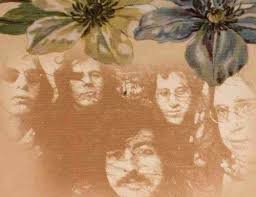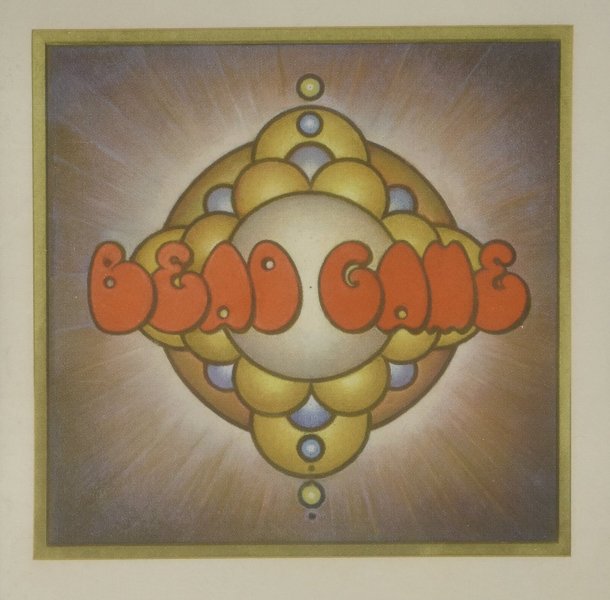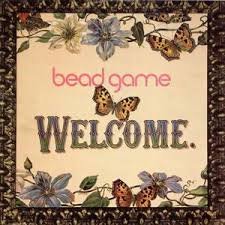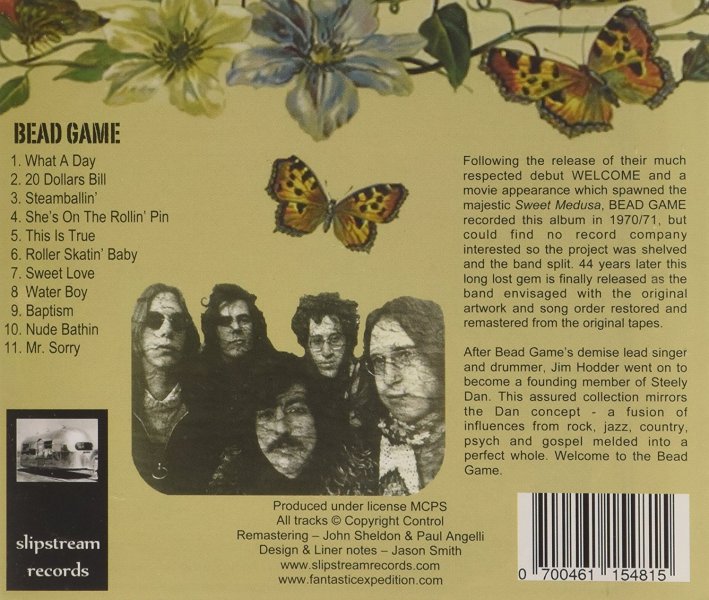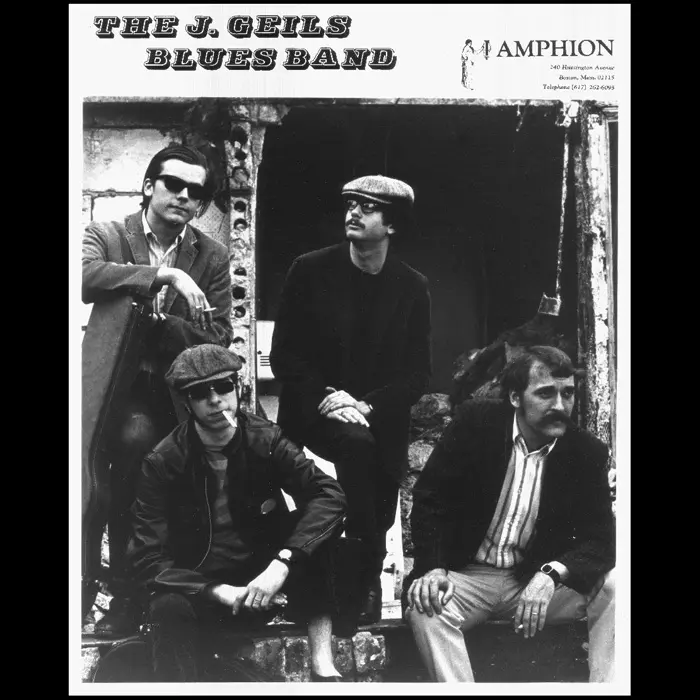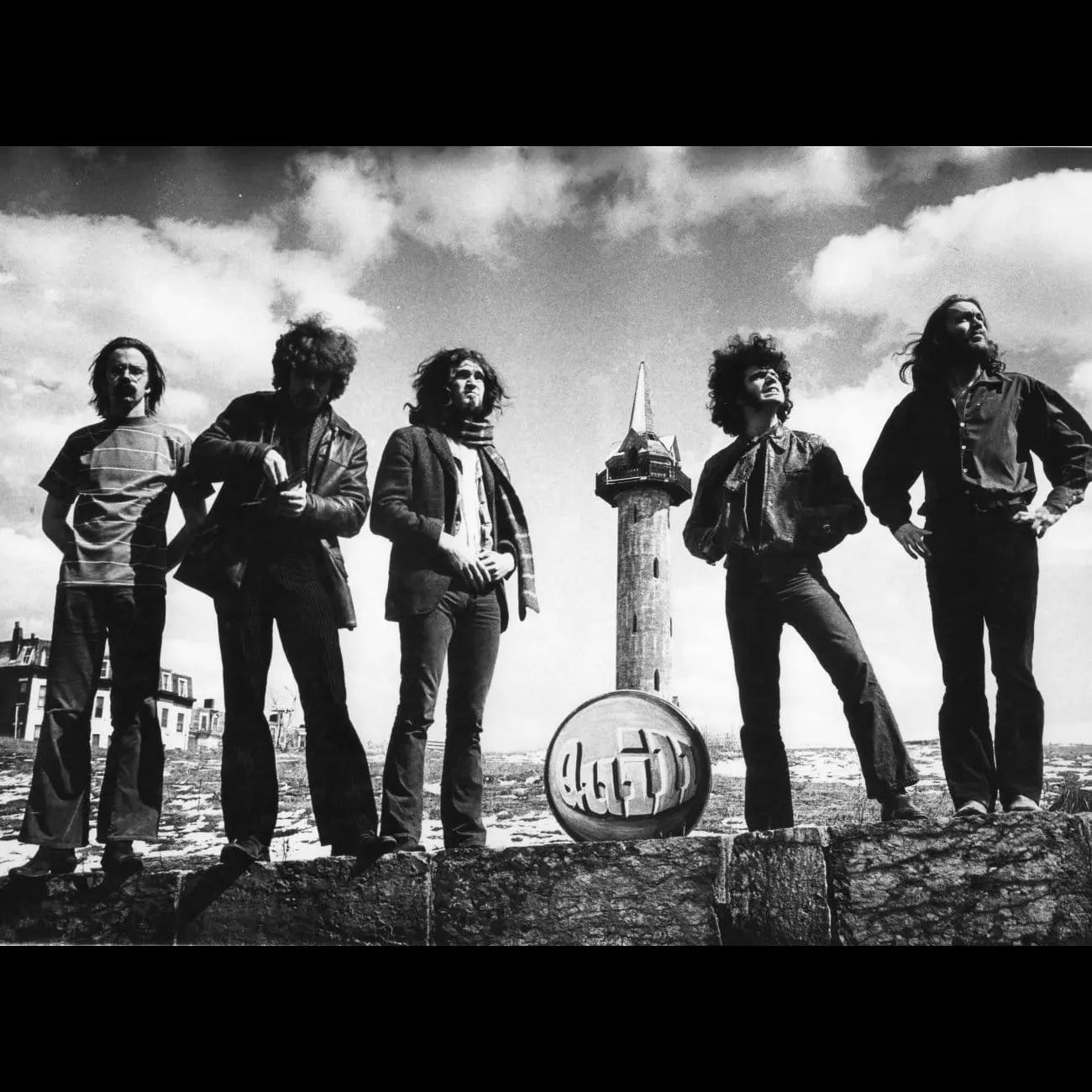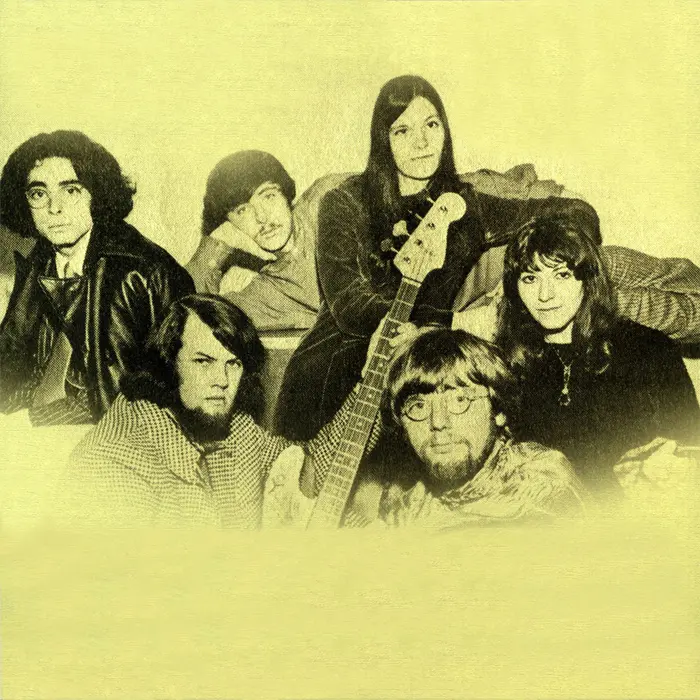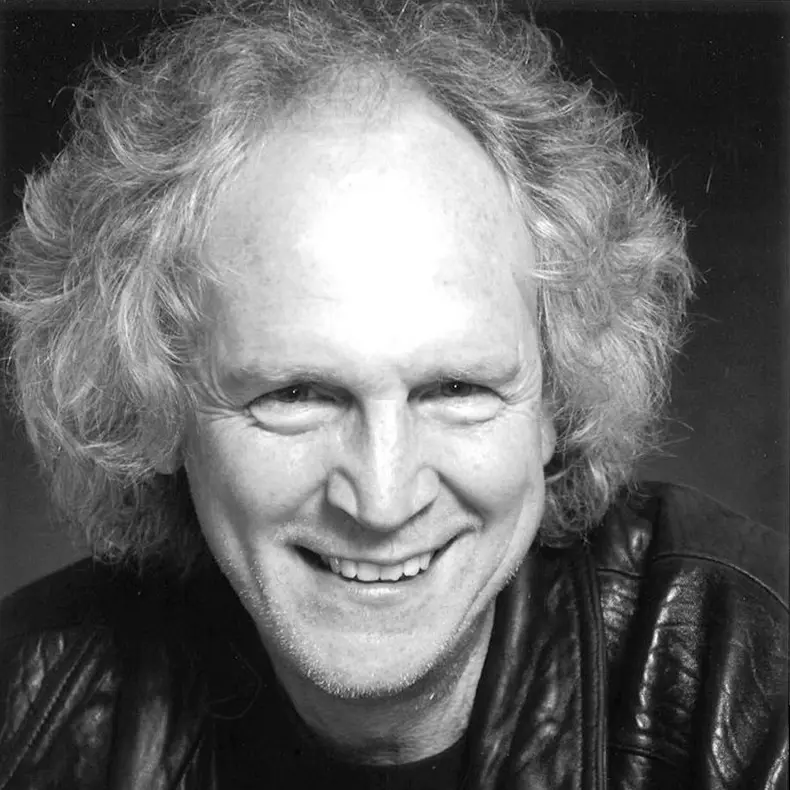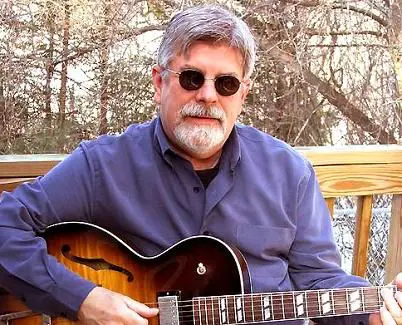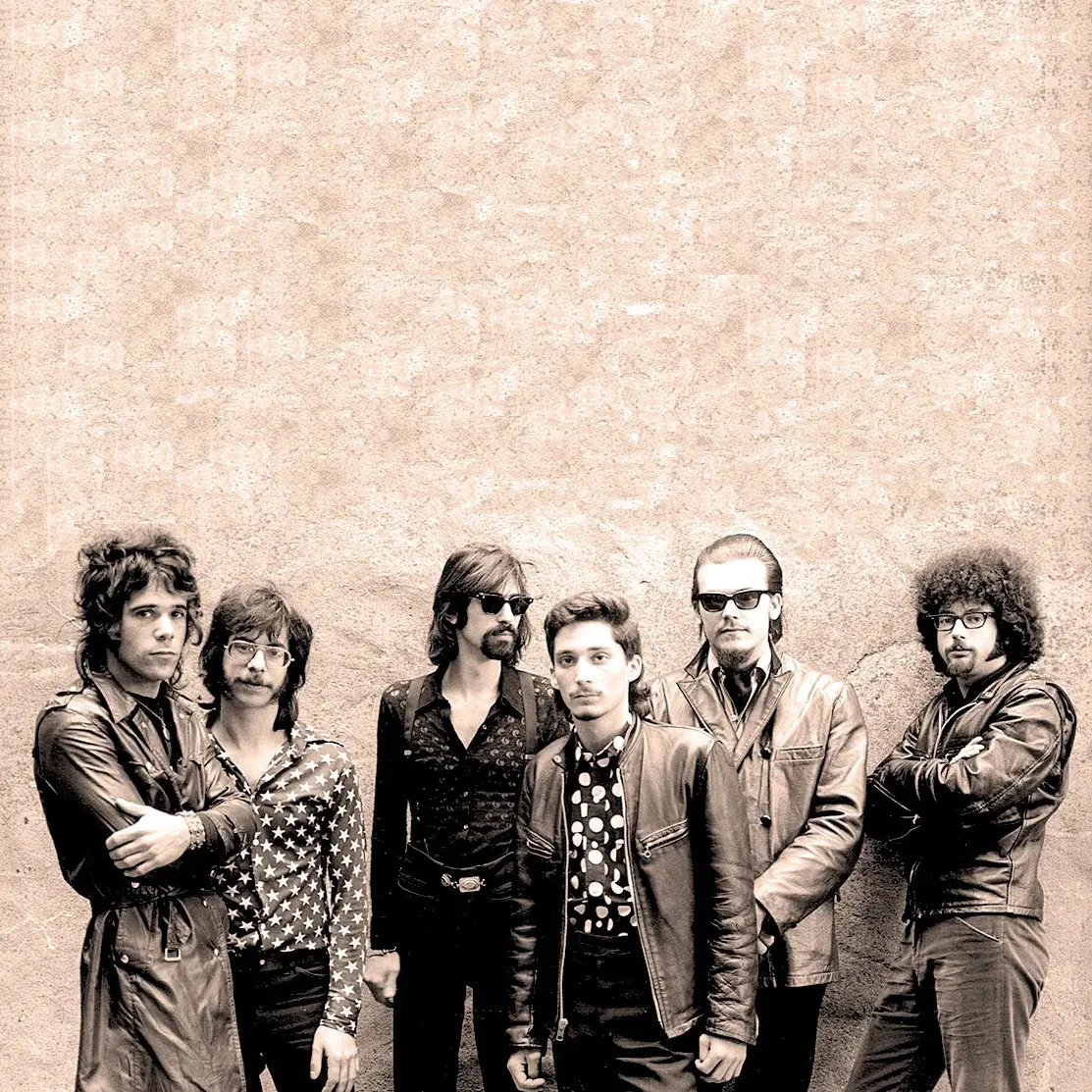The Bead Game
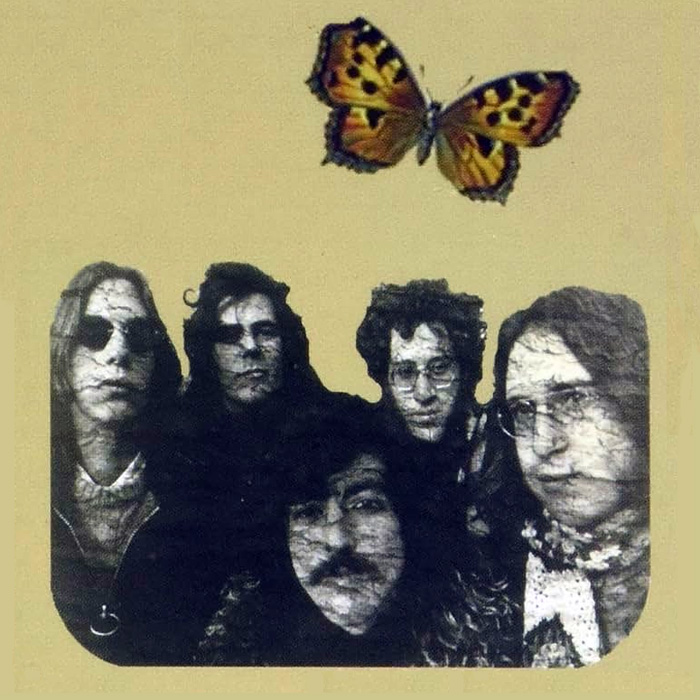
The Bead Game
The Boston-based psychedelic/progressive band known as The Bead Game originated in 1968 at Harvard University, conceived by Newton, Massachusetts native and classical musician Robert Gass, who’d given up classical for rock ‘n’ roll and named the group after Herman Hesse’s 1943 classic The Glass Bead Game. Eastern spirituality was the theme then and Gass continued in that vein for over 50 years as an internationally recognized leadership coach, fostering organizational transformation and human development. Don’t ever let anyone tell you that rock music can’t prepare you for a successful career in both group and personal transformation.
The band was managed by Ray Paret of Amphion, who also managed acts including The J. Geils Band, Andy Pratt, Ultimate Spinach, Quill and Bob McCarthy, among others. In 1970, after establishing a strong local following and attracting the attention of Avco/Embassy Records and producer Gary Katz, they appeared in the film The People Next Door and recorded their only official album, Welcome. This album had a crossover sound and featured drummer-vocalist Jim Hodder on all tracks. In 1972, Hodder accepted an invitation from Katz and guitarist Jeff ‘Skunk” Baxter to relocate to Los Angeles and join the newly forming Steely Dan. He appeared on their first three albums, left the group in 1974 and worked as a session musician before his untimely death in 1990.
The Bead Game were definitely a sum of the parts of the group more than any one individual’s showcase; Gass, Hodder, John Sheldon (lead guitar), Lassie Sachs (bass) and Kenny Westland-Haag (rhythm guitar) always worked as a unit. A May 1969 review of the band in The Harvard Crimson on summed it up this way: “Very few rock groups, and even fewer American ones, manage to make music that is not only complex in its musical structure but at the same time retains the visceral, frantic dynamism that one associates with true rock ‘n’ roll. The Bead Game is one of the finest groups in the country precisely because its music is just such an extraordinary synthesis of complexity and dynamics.” The group recorded a self-titled second album in 1971, though it wasn’t released until 44 years later.
(by Karl Sharicz)

